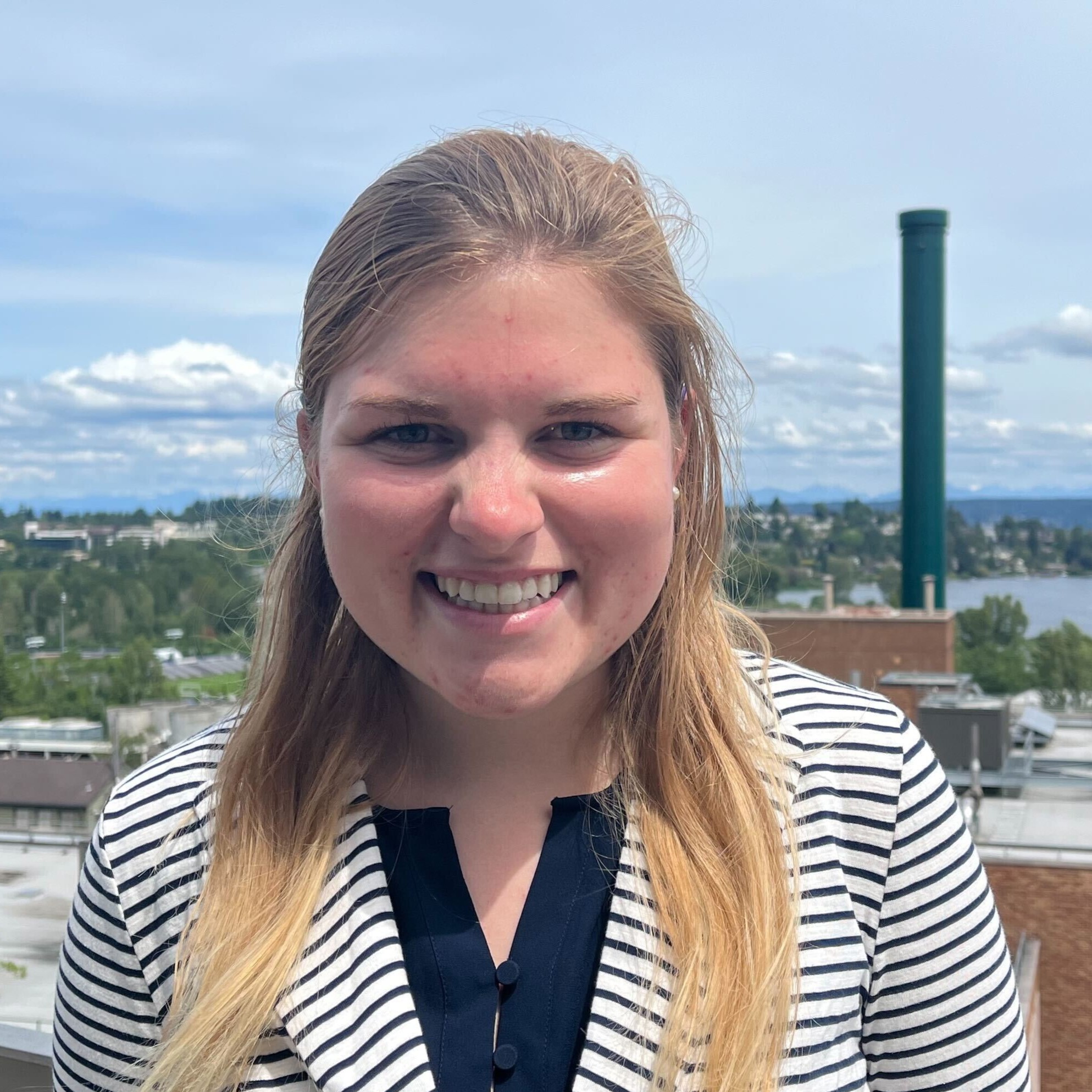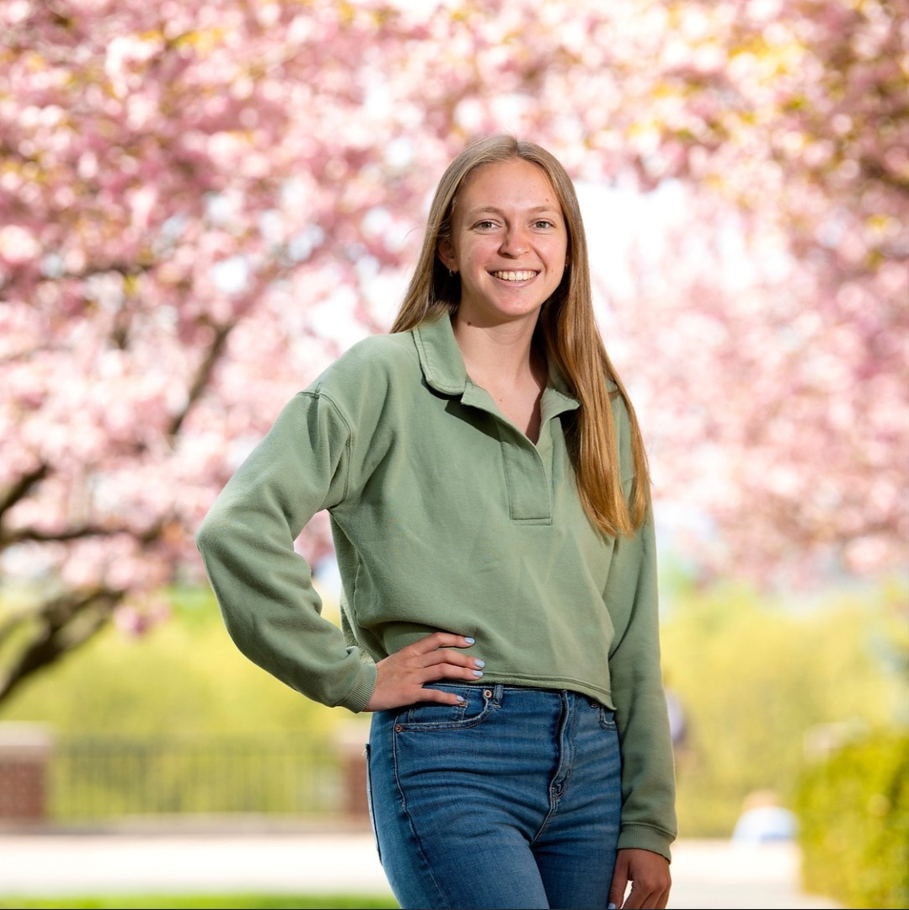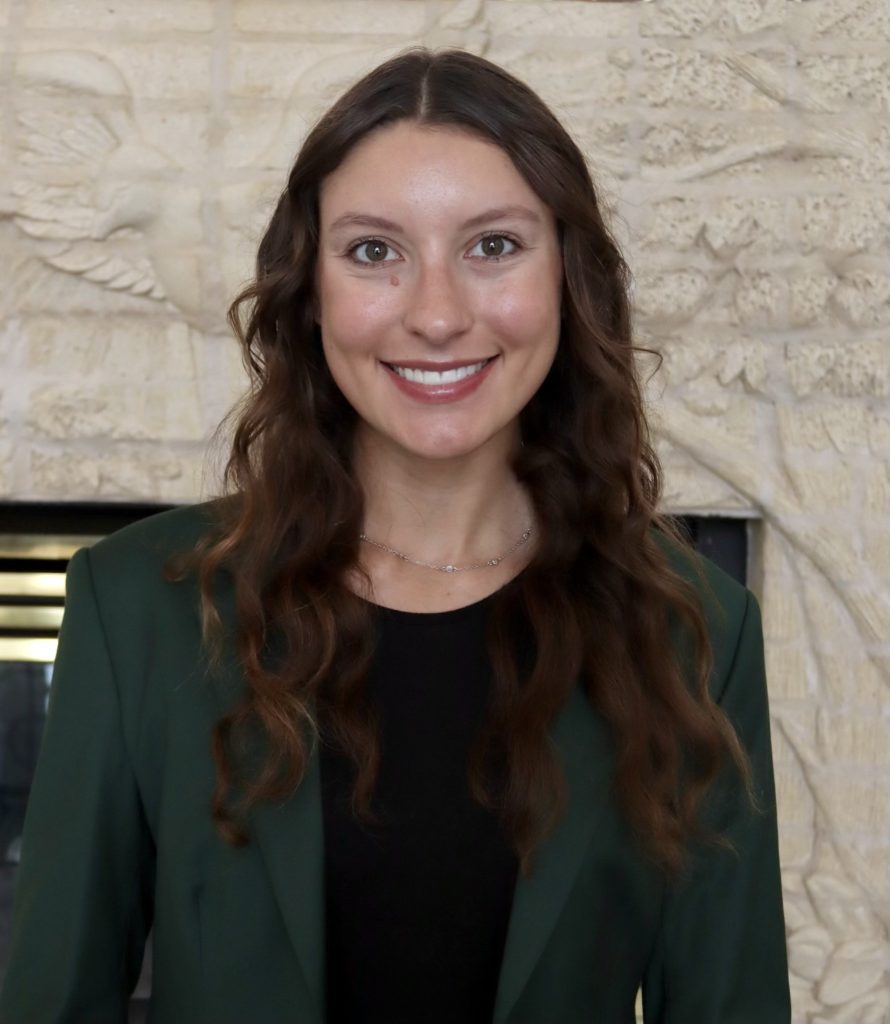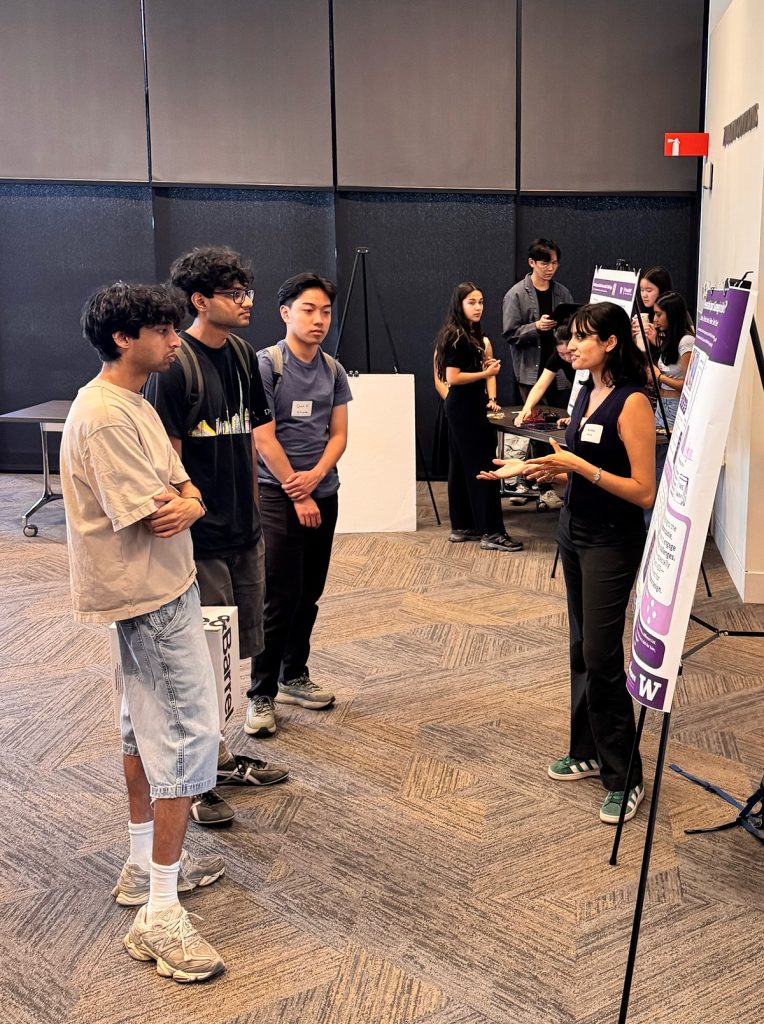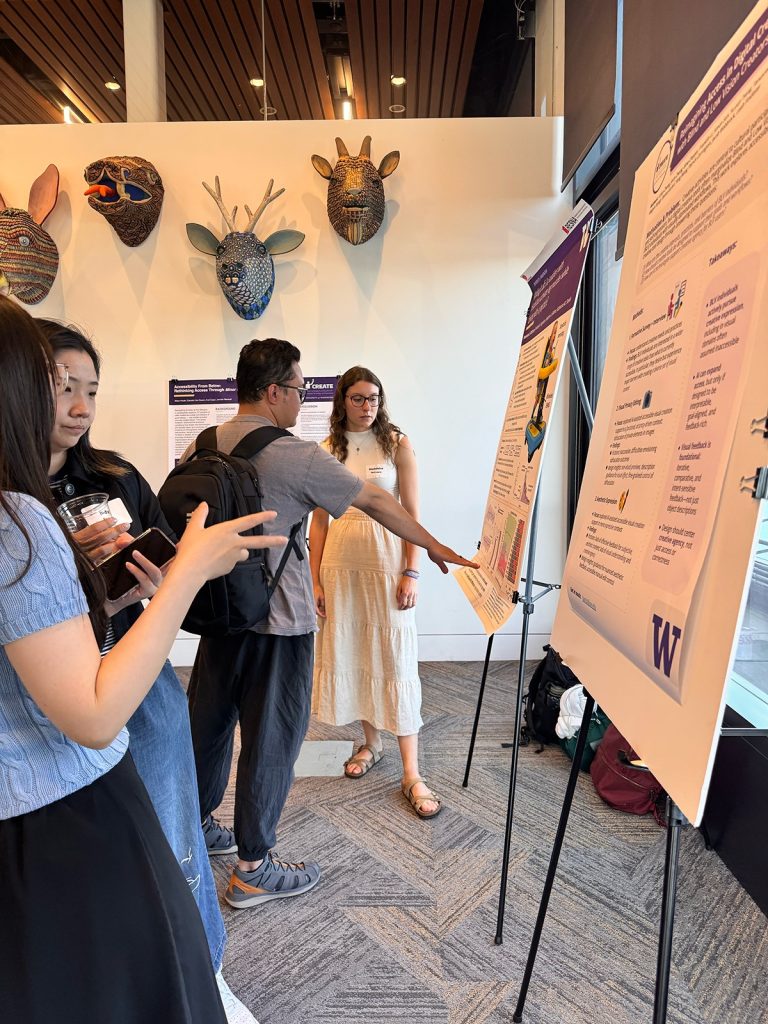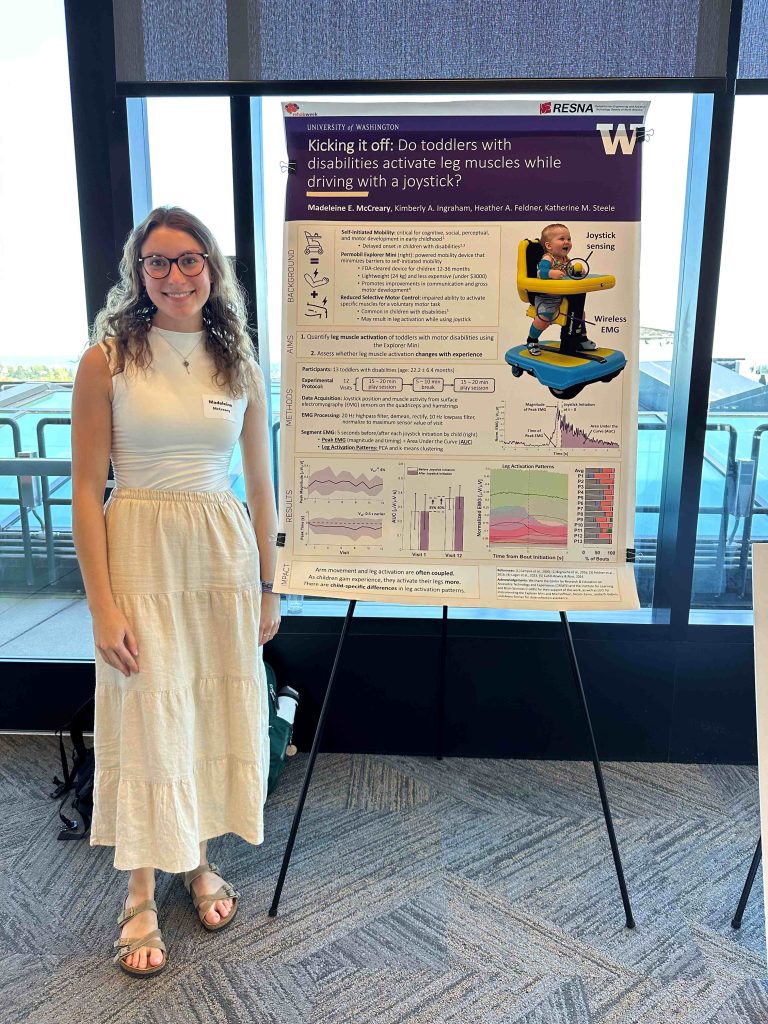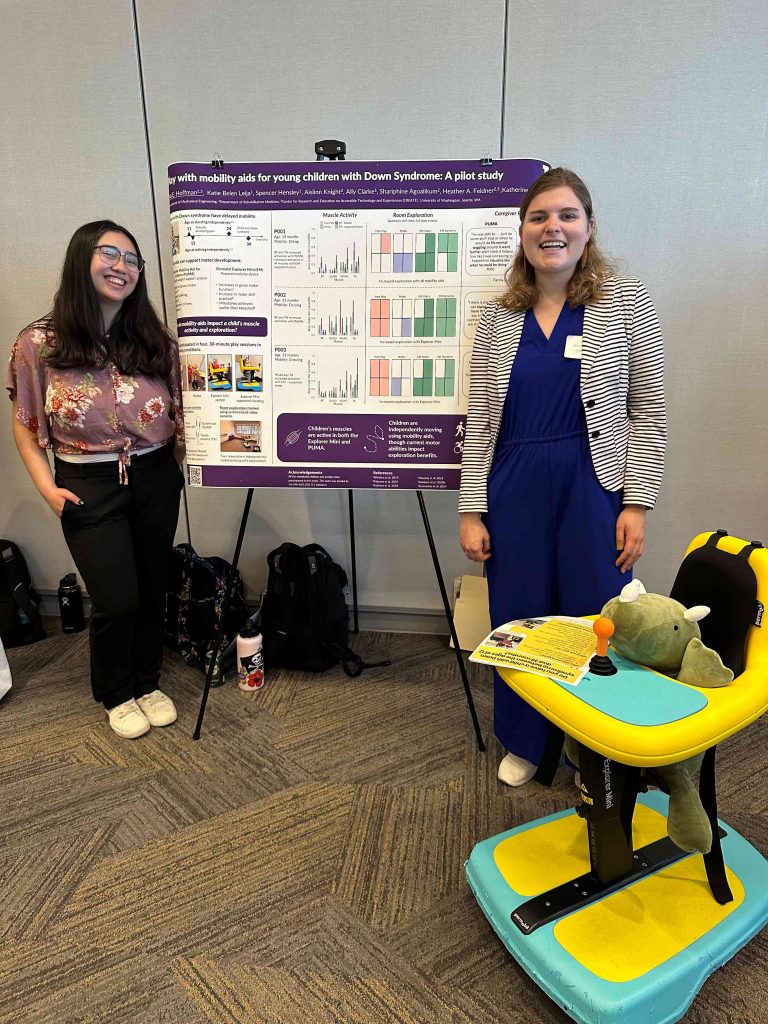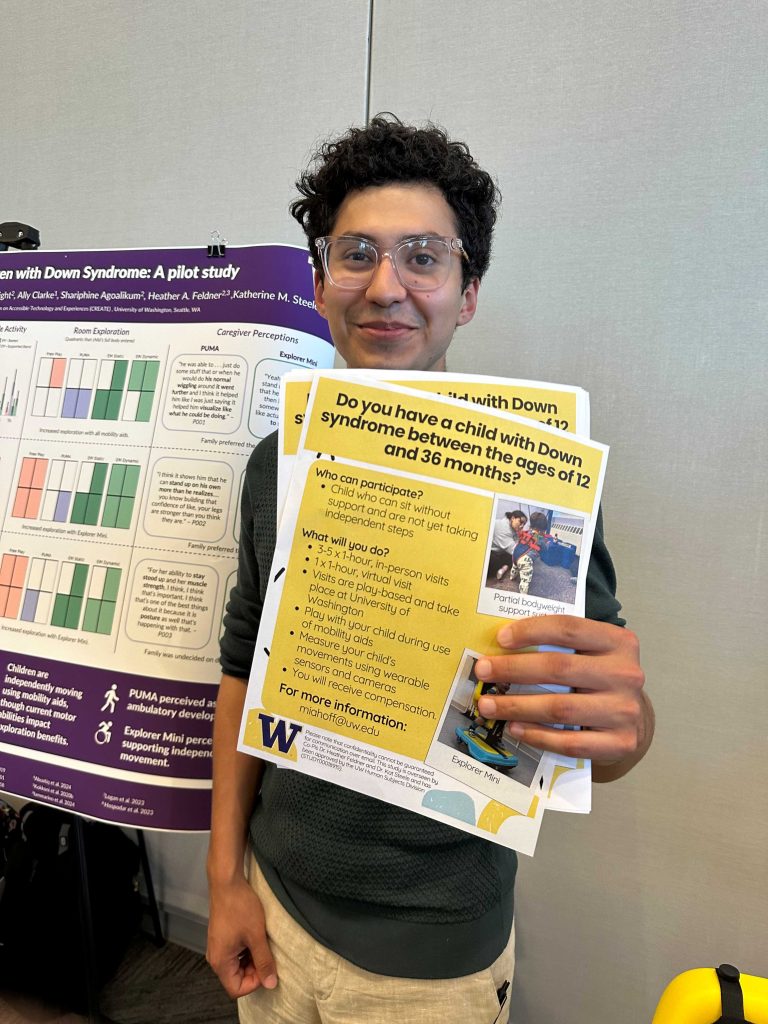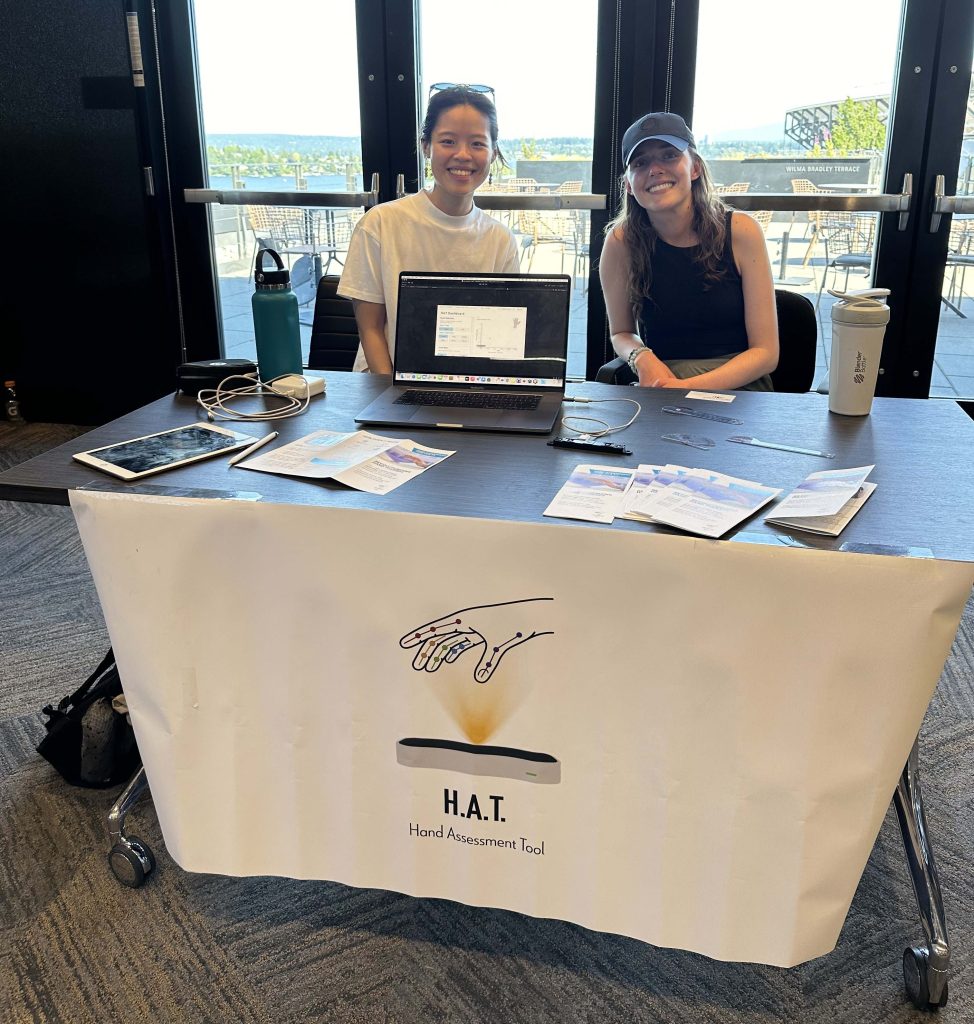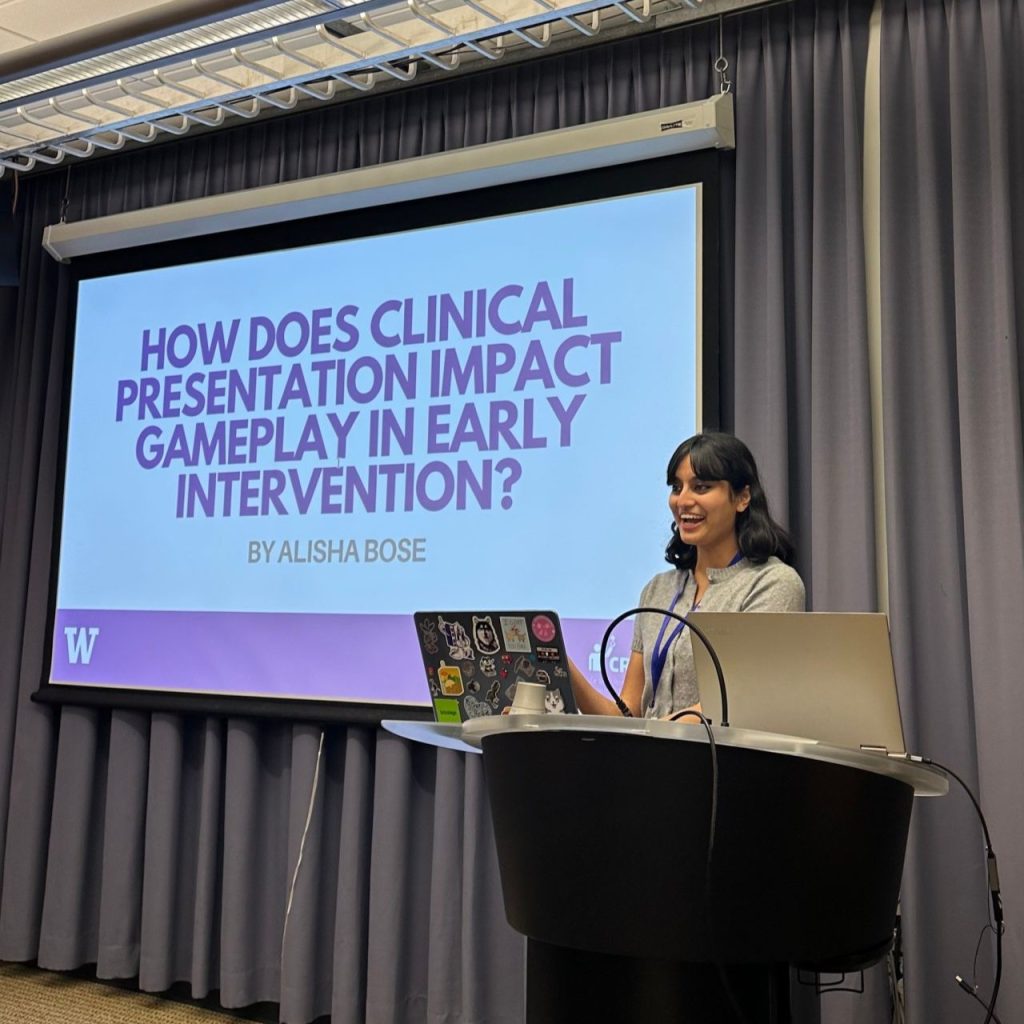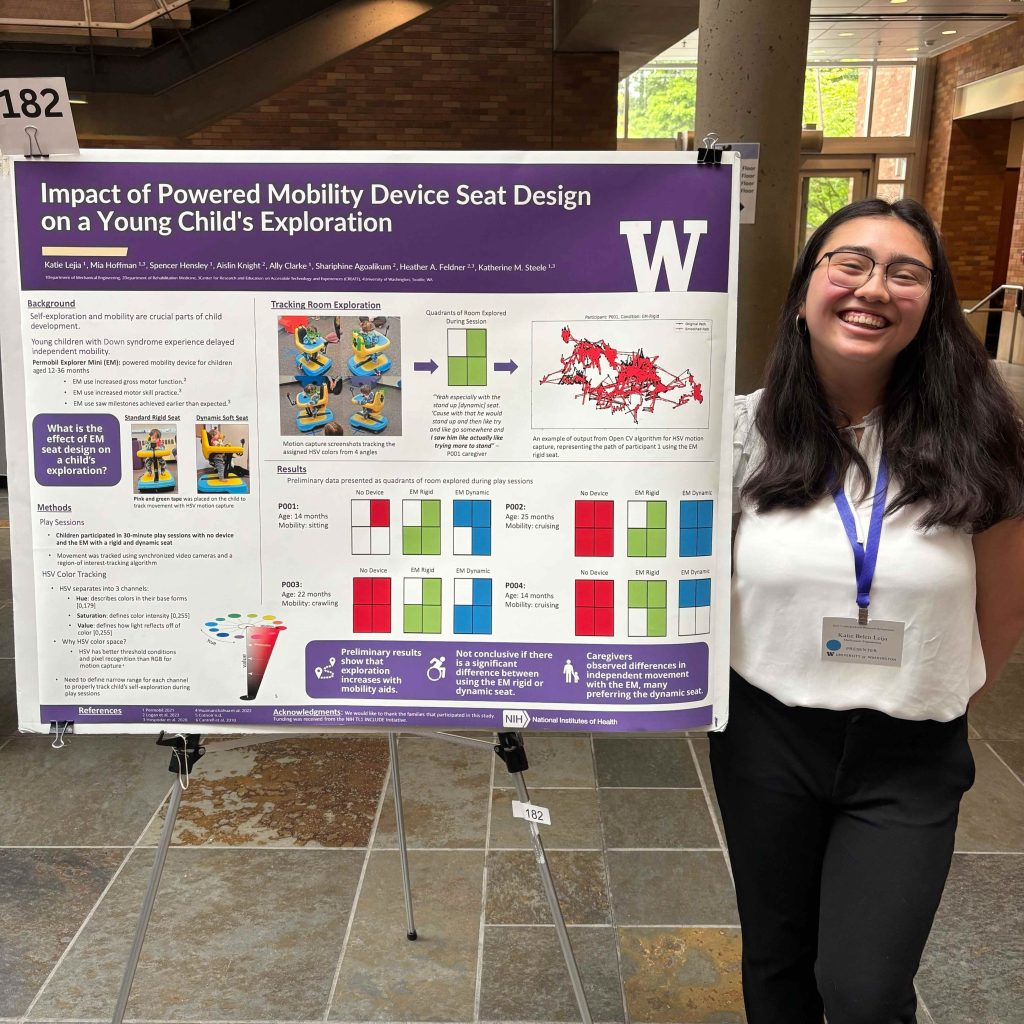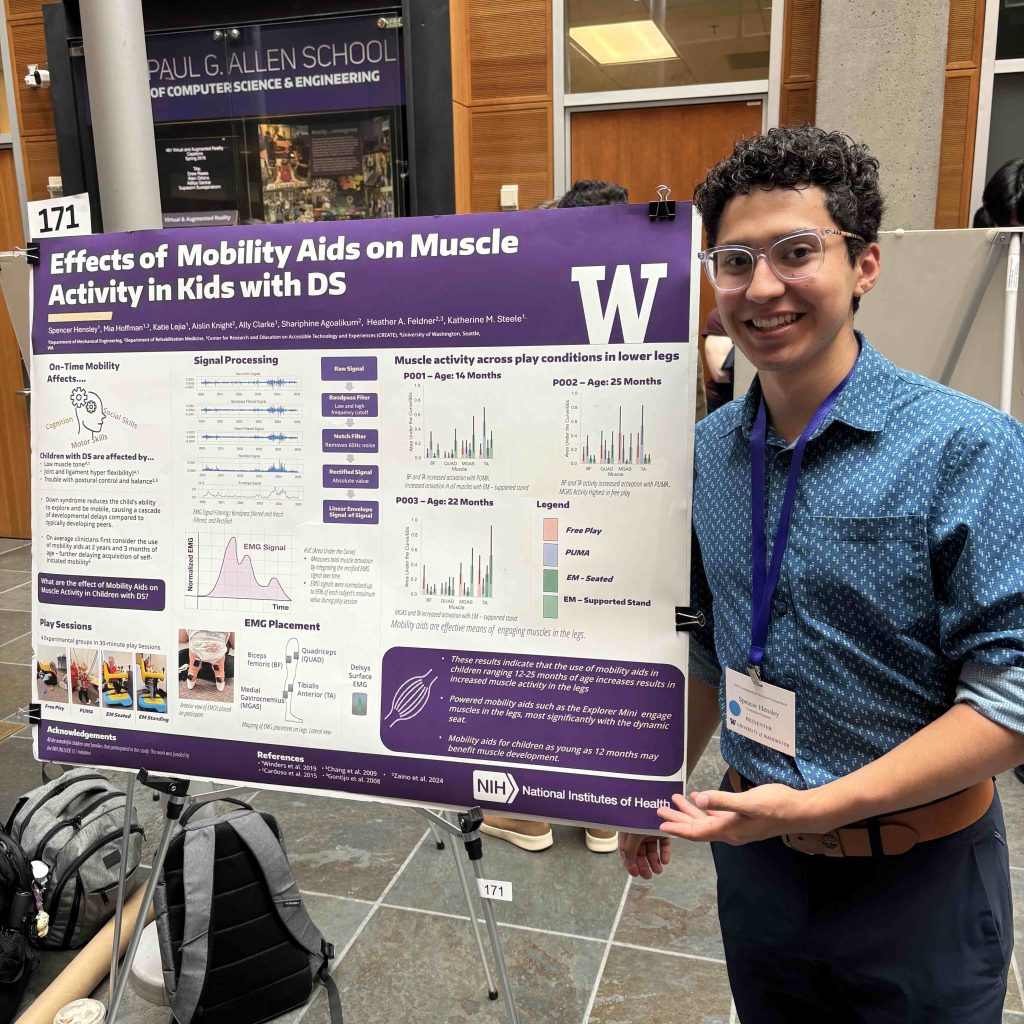We’re thrilled to share that Mia Hoffman, a Ph.D. student in the Neuromechanics & Mobility Lab, has been honored with the Dennis Lang Award from the University of Washington Disability Studies Program.
Mia is currently pursuing a Graduate Certificate in Disability Studies, and this award recognizes her outstanding academic work and spirited commitment to the field. The Dennis Lang Award celebrates the legacy of Dennis Lang, a co-founder of the UW Disability Studies Program, whose dedication and service were instrumental in shaping the program and its community.
Mia received a merit-based monetary award and was recognized at the Disability Studies convocation on June 4.
Congratulations, Mia! Your work continues to inspire and advance the values of inclusion, equity, and excellence in disability studies.

